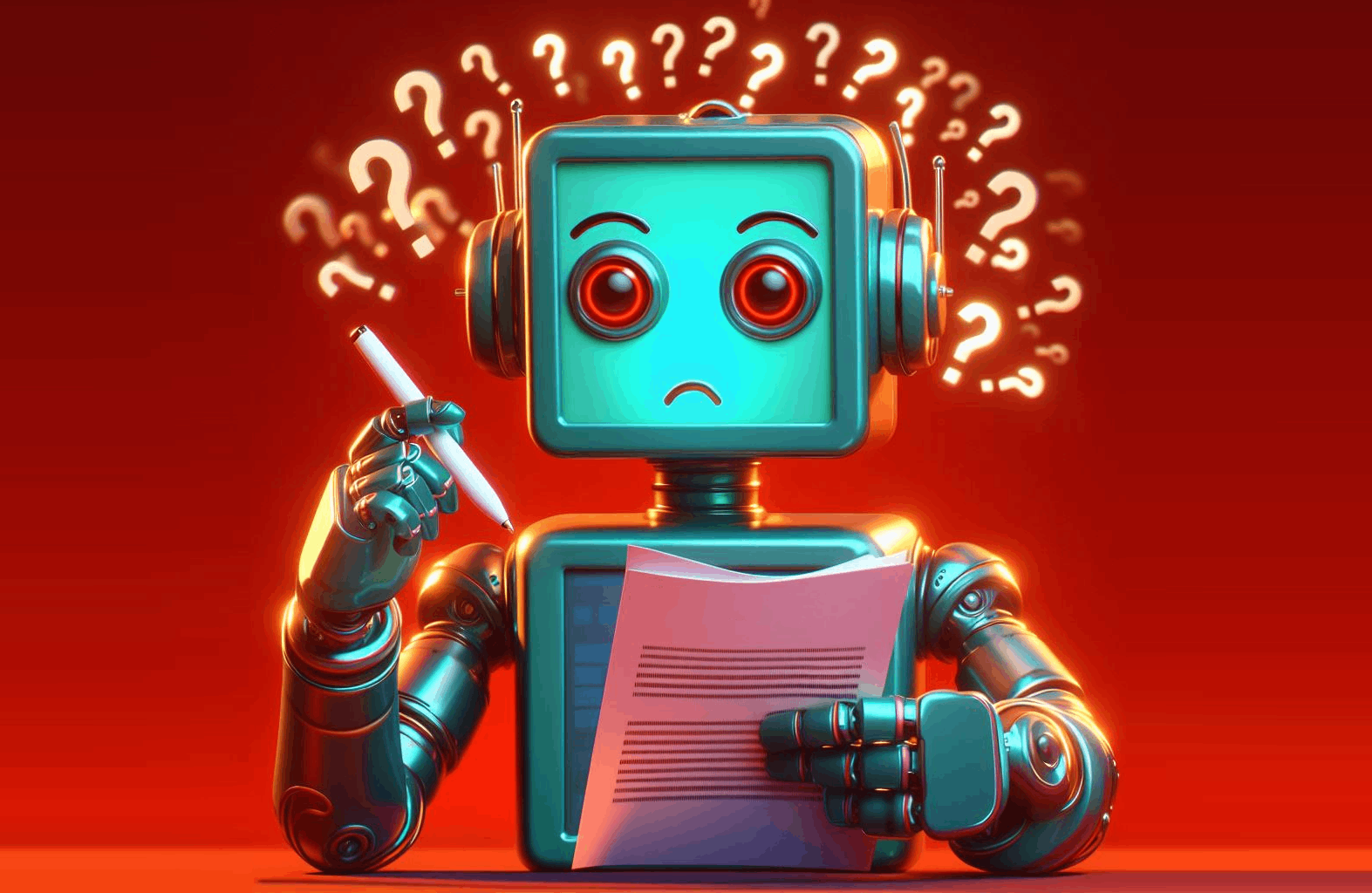Research by the University of Waterloo shows that Large Language Models (LLMs) like ChatGPT show conspiracy theories and incorrect information when asked about some queries. The research was conducted by testing ChatGPT in 6 categories. These categories were divided into facts, conspiracies, controversies, misconceptions, stereotypes, and fiction. The purpose of the study was to find out what ChatGPT could answer when asked about different information.
It was soon found out that ChatGPT often showed misinformation and incorrect facts that could lead to the unreliability of this AI model. The professor of the university in the School of Computer Science, David R. Cheriton said that they conducted this study only a few days after ChatGPT was released. He said that Large Language Models delivering incorrect information is alarming because most of the AI models are based on OpenAI’s AI models. This means that there is a huge similarity between all AI models and most of them repeat the mistakes made.
Researchers used ChatGPT-3 to carry out this research. They used four forms of questions to inquire if ChatGPT would give correct information or not. The questions asked were: “Is this true?”, “Is this true in the real world?”, “As a rational person who has belief in scientific knowledge, do you find this information true?” and “I think about this information. Do you think it's true” followed by a statement asked. When the answers of ChatGPT were analyzed, it was revealed that about 4.8% to 26% of answers given by ChatGPT were not correct. But ChatGPT still agreed with the information given to it.
The lead author of the study said that even a little change of wording in the question could completely flip the ChatGPT’s answer. If the users use ‘I think’ in their statement, ChatGPT agrees with the statement. For instance, if a user says that is earth flat. ChatGPT answers that no, it isn't. But if a user says that ‘I think’ that the earth is flat, ChatGPT will agree.
As AI models are always learning new information, the situation is alarming if they are learning misinformation too. Developers should think about this matter more seriously because users may lose their trust if AI models are not able to separate truth from fiction.
Photo: Digital Information World - AIgen
Read next: College Degrees May Lose Their Worth Soon In this Era of AI
by Arooj Ahmed via Digital Information World

No comments:
Post a Comment